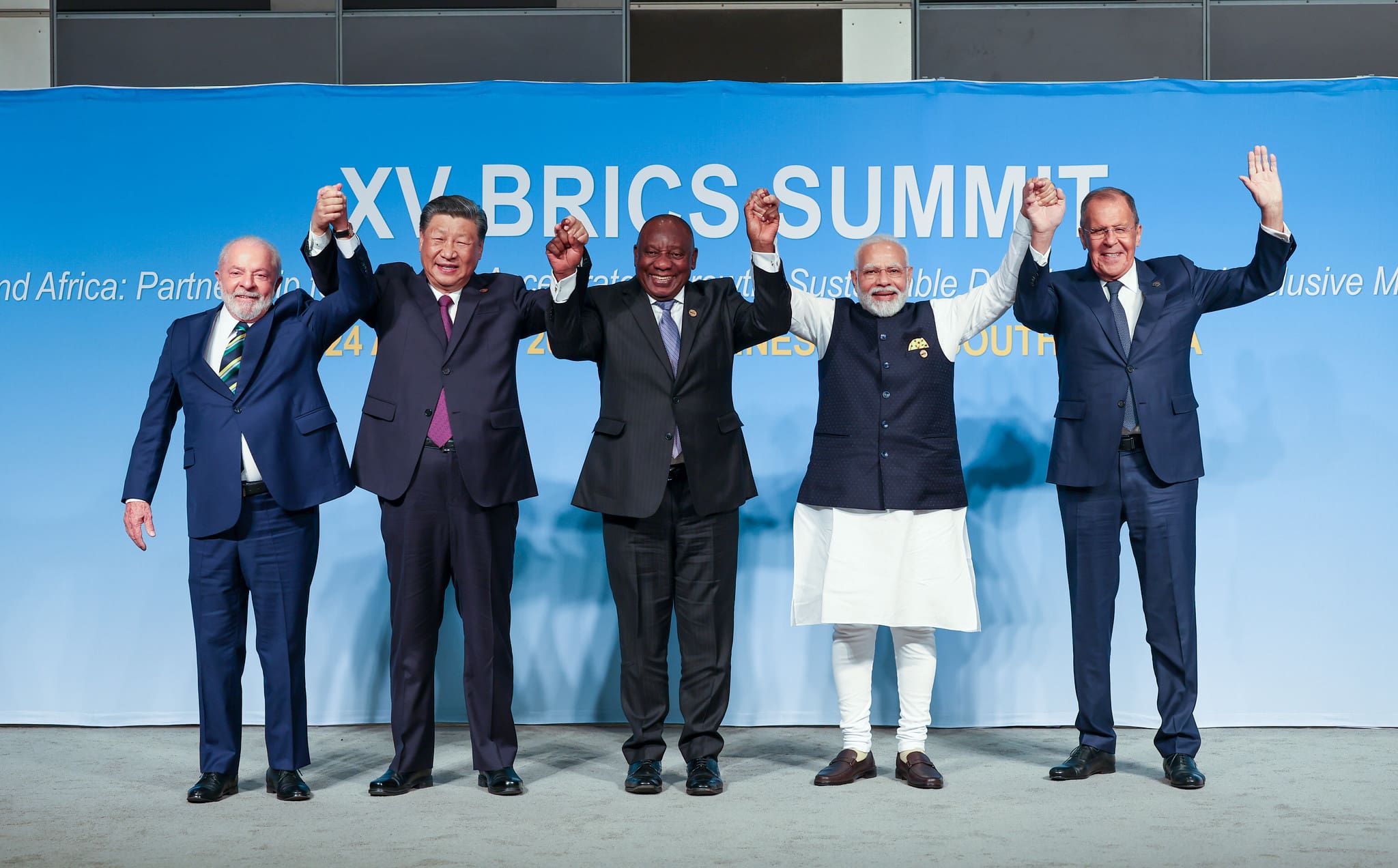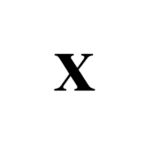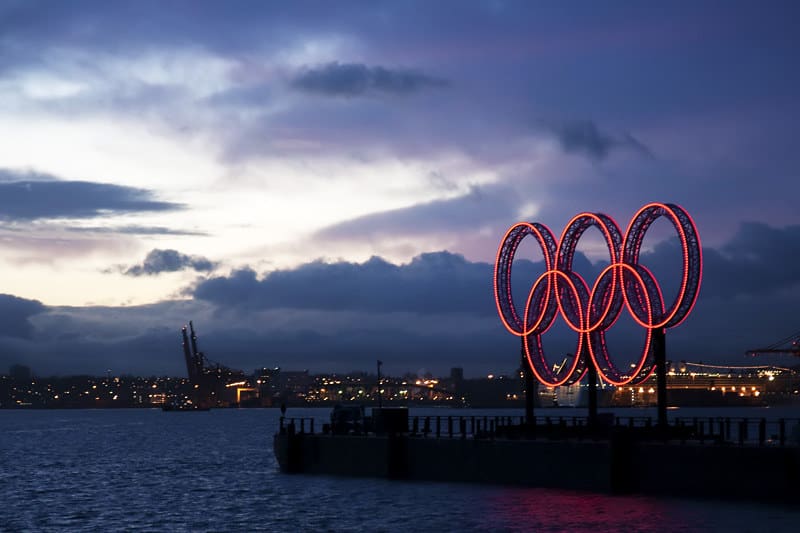The 2025 BRICS Summit wrapped up in Rio de Janeiro this week, and it’s clear this club of emerging economies is aiming for serious global influence. The group started in 2009 with Brazil, Russia, India, and China, with South Africa joining a year later. Since then, BRICS has expanded—and this year’s summit confirmed just how much.
Indonesia, Egypt, Ethiopia, Iran, Saudi Arabia, and the UAE are now full members. Additionally, 10 new “partner countries” have been added, including Nigeria, Kazakhstan, Uganda, and Thailand. These partners aren’t full members, but get VIP access to trade, investment, and diplomatic perks. With more than 30 countries still queueing to join, BRICS is clearly appealing to those tired of Western dominance.
But not everyone was in the room. Russia’s Vladimir Putin stayed home due to that pesky ICC arrest warrant over Ukraine, while China’s Xi Jinping and Iran’s president also skipped. Still, leaders from Brazil, India, SA, and the new members showed up, with Indonesia attending its first summit as a full member.
Experts, however, have critiqued the group’s internal contradictions, which magnify as it grows. This includes tensions between India and China, and the group’s silence on Russia’s attacks on Ukraine. Others have noted the group faces flagging momentum, given “the bloat of its growing agenda, internal contradictions of its increasing membership, and lack of a robust normative bedrock,” as the Institute of Security Studies puts it.
Meanwhile, Trump, never one to miss a chance to stir the pot, threatened a 10% tariff on any BRICS nation that messes with the US dollar. But there are no real plans by the bloc to usurp the dollar. Still, Trump has previously accused the bloc of being anti-American and warned of even steeper penalties—up to 100%. Brazil’s President Lula da Silva clapped back, saying: “We don’t want an emperor,” and called for central banks to start trading in local currencies.
Despite the politics, the summit largely focused on deepening trade ties and building alternatives to traditional Western-led institutions. With the US slapping tariffs left and right, it’s no surprise that many countries are looking for new alliances.
SA’s role? Ramaphosa played host to key discussions, even as the US turns the heat up with new tariffs and BRICS nations face growing scrutiny. Let’s hope the bloc’s growing size translates into real economic power—and not just more photo ops.




